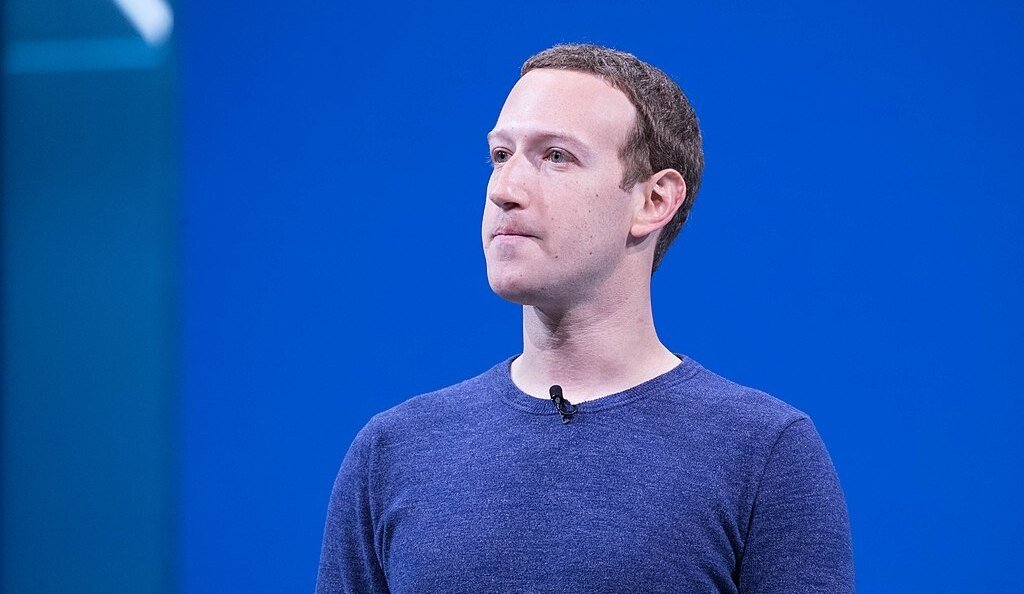Cutting Deals with Big Tech Won't Save Journalism

Original photo by Wikimedia Commons user Anthony Quintano
This week, Australia will put the finishing touches on a plan to force Google and Facebook to pay millions of dollars to local news publishers in exchange for featuring their content on their powerful platforms.
Many in the news industry are hailing Australia’s bargaining code as a way to bring Big Tech to the table and save journalism at a time when news outlets are struggling.
And to the table Big Tech has come, but its response hasn’t been helpful.
Last Wednesday, Rupert Murdoch’s News Corp. announced that it had struck a three-year deal with Google that would provide access to the company’s empire of news content in exchange for “significant payments” from the search giant. That’s a windfall for a conglomerate that’s notorious worldwide for serving its news with heaping portions of disinformation and bigotry.
Facebook responded with the nuclear option: Instead of settling on a fee, it prevented any of its users from sharing links to Australian news sources. For several days it was impossible to post news from such outlets; Facebook’s heavy-handed info blackout extended to government health sites providing critical COVID-19 vaccination information to Australians.
Australia’s bargaining code is an early foray by lawmakers seeking to reset the balance of power between tech platforms and a news industry that’s failing to keep pace with the digital economy.
This accounting is important — and governments should be doing more to make these massive online networks accountable for the damage they have done to democratic society — but there are better ways forward for Australia and other countries weighing similar measures to support journalism. Murdoch and others in the newspaper industry are pushing to reintroduce legislation in the United States (what some call “Murdoch’s Law”) that would also force a payment negotiation between powerful U.S.-based news businesses and Silicon Valley.
There are several reasons the Australian experiment won’t work in the United States. If the initial reaction from Google and Facebook is any indication, it doesn’t appear to be working too well for Australia either.
Looming in the background of this debate are major shifts in the economics of news production. The U.S. ad industry has moved away from buying placements in traditional media entities that produced news (like newspapers) toward cheaper, more finely targeted options offered by digital platforms that don’t (like Facebook and Google).
Allowing the most powerful media conglomerates to negotiate payments from the most powerful tech conglomerates is an attempt to rebalance the equation. But giving handouts to News Corp. won’t help the sorts of local, civic-minded news outlets and reporters who have suffered most under this new digital economy. And funding traditional news operations doesn’t meet the needs of communities of color and working-class families, who’ve long been overlooked or misrepresented by U.S. media.
We can’t solve the platform-dominance problem and the journalism-funding problem with a solution that makes both problems worse. Turning every instance of link sharing into a government-mandated monetary transaction would forever alter the fundamental openness of the internet. We need to invest in new journalism — not entrenched corporate power and gatekeeping.
Taxing the attention economy
The best way to do that is by supporting innovations in news production that put journalists back to work, and better connect them with the people and communities they report on.
At Free Press Action we’ve put forth better remedies for the United States, including a proposal for a tax on online advertising. The resulting revenue would be placed in a Public Interest Media Endowment and used to fund the kinds of diverse, local, independent and noncommercial news and information that have gone missing.
For example, a 2-percent ad tax on 2020 advertising revenues of the top-10 online platforms would yield more than $2 billion for the endowment. As the platform giants’ share of the digital-advertising space increases, so would the companies’ tax commitment to help save journalism.
Others have put forth ideas for the future of journalism that also deserve attention from lawmakers. We can’t let these be shunted to the side in favor of a legislative proposal that’s being pushed in Australia and the United States by the Murdochs and other media oligarchs.
Instead, we need strong public-media laws that prioritize a free press, civic-minded news production and the interests of the communities news outlets are supposed to serve.
It’s increasingly clear that market-based solutions for news production aren’t helping foster a more equitable and inclusive democracy. In the United States, commercial media share a sizable portion of the blame for the rise of Donald Trump — and, with him, Trump-style white nationalism.
What happened in the 20th century, when local print, radio and TV outlets were the best way for advertisers to target local audiences, was a historical fluke. Attempts to rebuild or insulate that old-media model in the 21st century are a fool’s errand. Future solutions must involve new hybrid private- and public-sector models, or direct public funding for journalism, so long as it includes guardrails to protect the editorial independence of news organizations on the receiving end.
Incentivizing these sorts of funding models is the right path away from a commercial-media system dominated by too few players. While Australia’s proposal is a sincere attempt to make Facebook and Google pay for the harm they’ve caused journalism, it’s not the final word. Nor should it be.